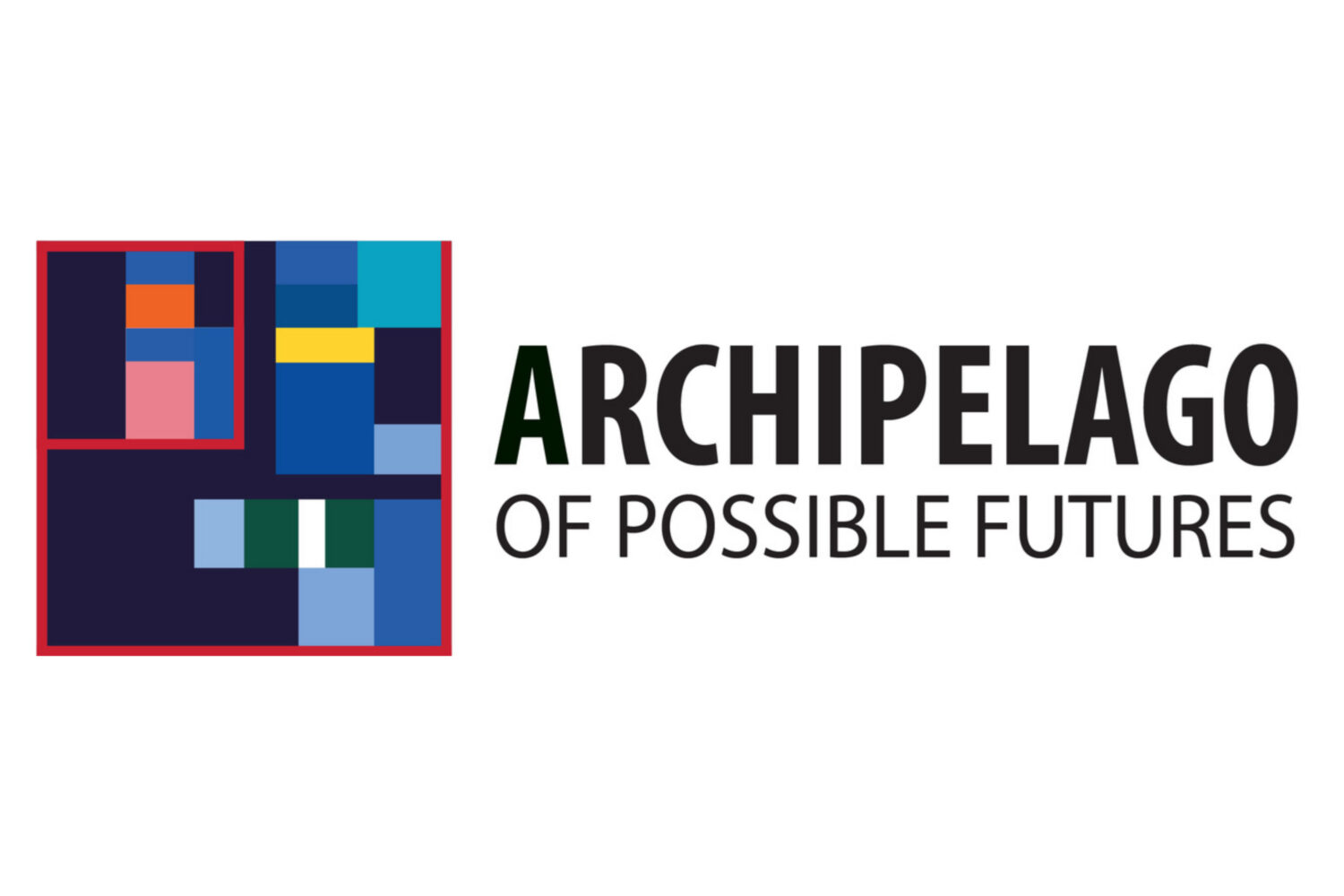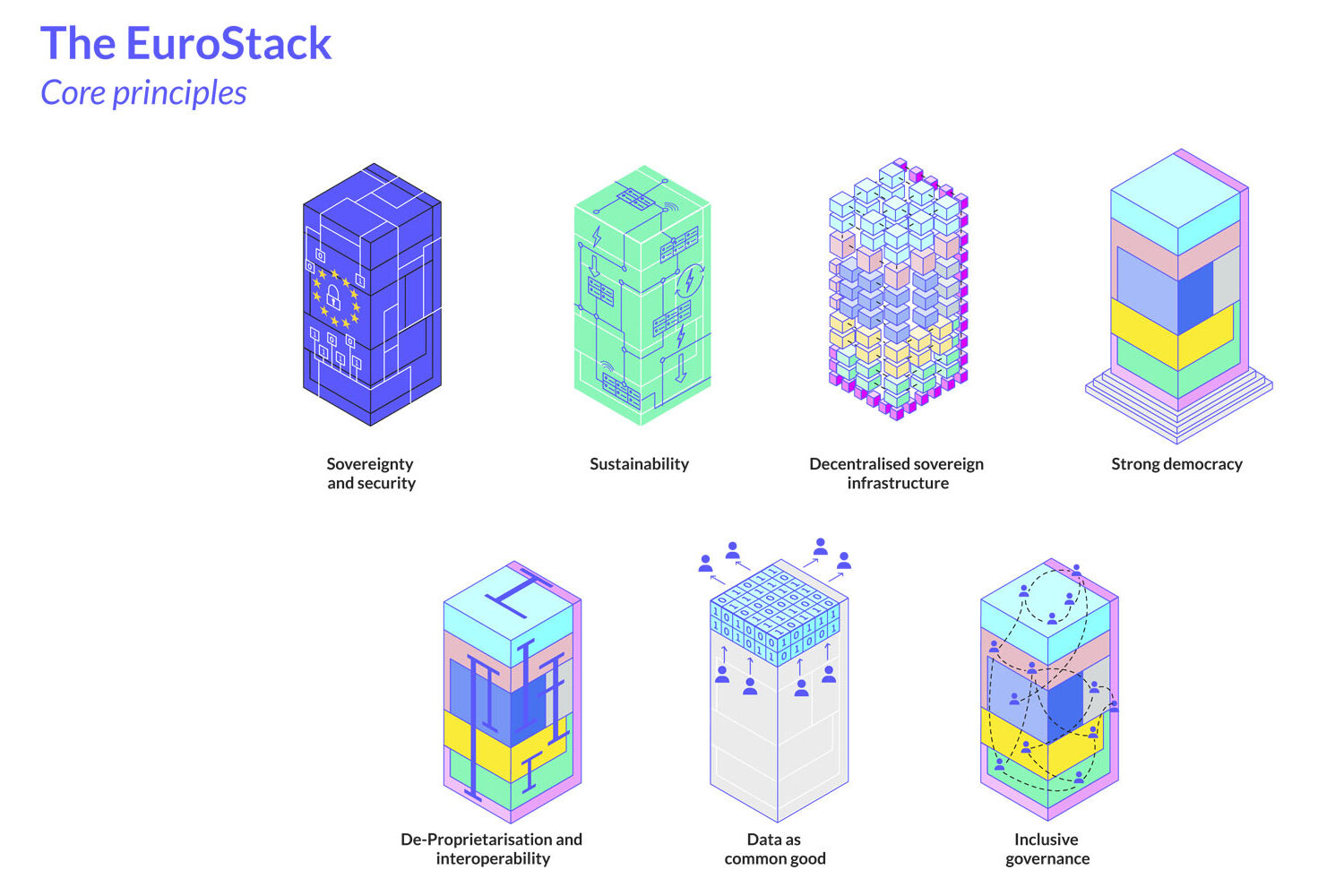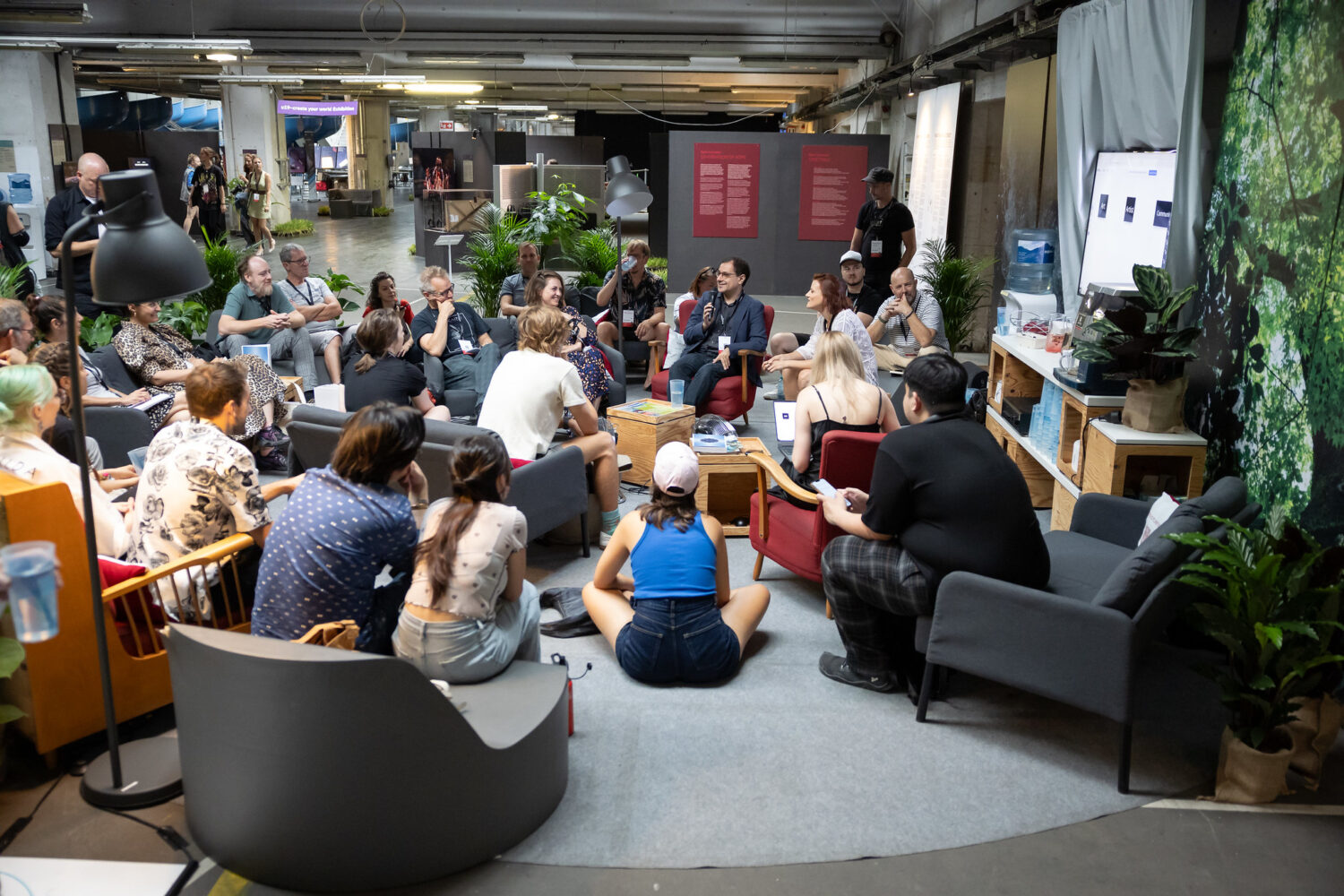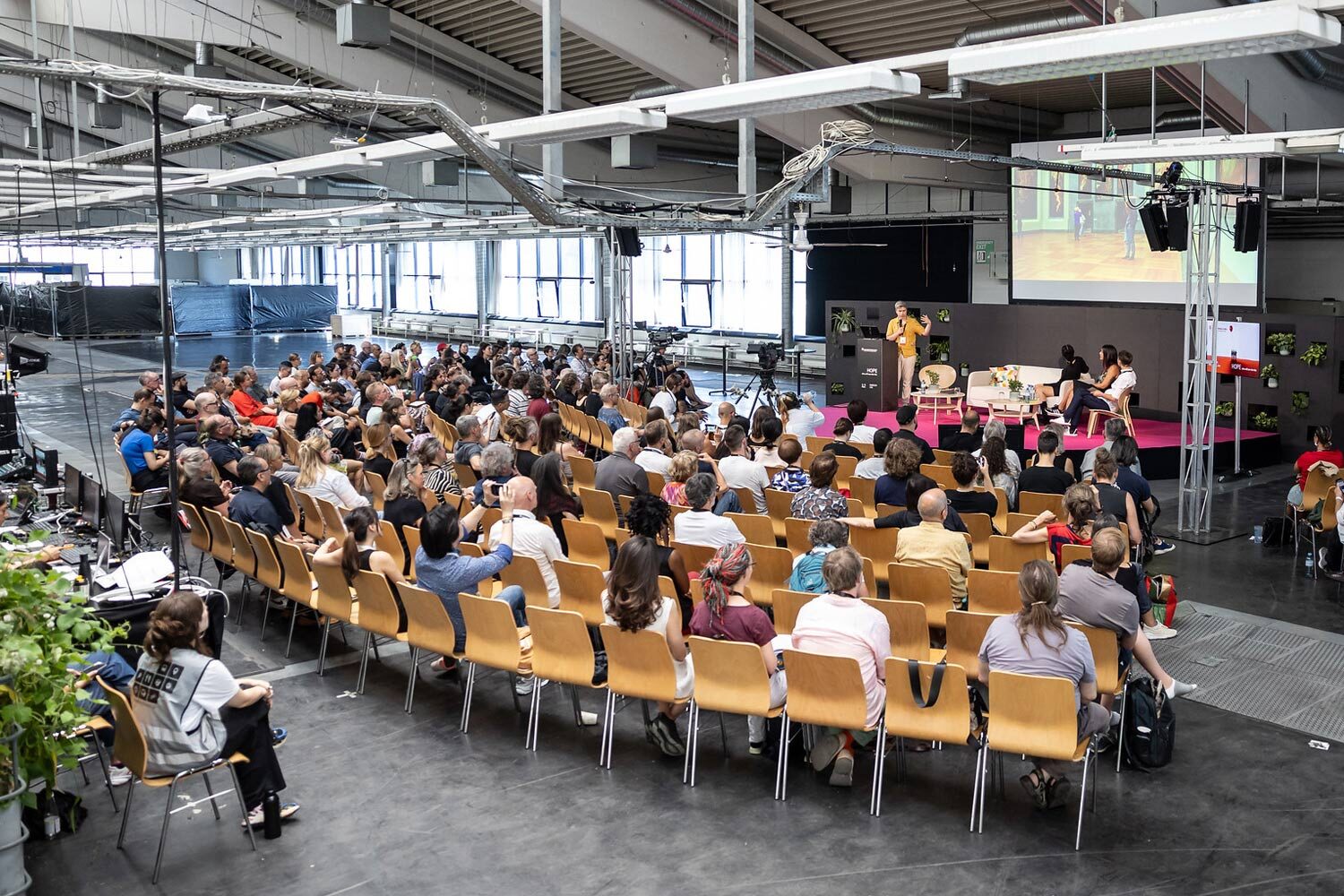Art and culture are driving forces for a resilient Europe of the future. But real change can only come from collaboration—and it is precisely this collaboration that is at the heart of the Ars Electronica Festival 2025.
Digital technologies are developing at breakneck speed and permeating all aspects of our lives. At the same time, Europe is undergoing complex social and ecological changes. Amidst these upheavals, art and culture are becoming increasingly visible not only as expressions of identity, but also as important social infrastructure that provides orientation and opens up spaces for discourse. Despite growing recognition, however, these are often discussed in isolated contexts, separated from innovation or policy-making. Ars Electronica wants to overcome this separation and proposes a new dynamic: dissolving these silos and integrating the arts more strongly into the innovation community.

Advancement requires a paradigm shift
“By promoting cross-sector collaboration, we want to stimulate new forms of imagination that help shape policy, inspire systemic change, and strengthen a vision of Europe in which cultural expression and technological progress evolve together,” says Veronika Liebl, Director of European Cooperation Projects at Ars Electronica and Managing Director of the Ars Electronica Festival. On the occasion of the 30th anniversary of Austria’s accession to the EU, the Ars Electronica Festival 2025 is dedicated to the theme “Reimagining Europe’s Future.” A two-day program offers space for reflection and visionary thinking—on the political developments of the European Union and the role of the arts and technologies in shaping a common future.

From panic to new opportunities
The thematic focus begins on Thursday, September 4, with Archipelago of Possible Futures*. The one-day forum at POSTCITY shapes this year’s S+T+ARTS Day in collaboration with the European Digital Innovation Hub AI5Production and invites participants to move from panic mode to new opportunities. The program is curated by innovation economist and digital policy expert Francesca Bria (IT/DE) and cultural scientist José Luis de Vicente (ES). Archipelago for Possible Futures was originally launched at the New European Bauhaus Festival 2024 in Brussels and is a growing platform that connects Europe’s cultural, scientific, and technological institutions. “We bring museums, biennials, foundations, and design studios together with Europe’s innovation policy and state-of-the-art infrastructure such as supercomputers, AI labs, and quantum research to jointly shape an inclusive and sustainable future,” say the curators.
Settlement, reconstruction, and redesign
Inspired by the two winning projects of the STARTS Prize 2025— AI War Cloud Database by Sarah Ciston (US) and Sensing Quantum by the LAS Art Foundation (DE)—the Archipelago of Possible Futures program invites participants to ask themselves key questions: Who designs the technological infrastructure of our society? What power systems does it serve? And how can we reclaim its material, cognitive, and planetary levels—as places of collective action? Specifically, it is about dealing with authoritarian tendencies, democratic alternatives for Europe, and visions for future technologies in the service of a pluralistic society. However, Archipelago of Possible Futures does not see itself as a political summit or a classic symposium. “Rather, it is a curated choreography of high-caliber ideas, speculative infrastructures, and radical imagination,” according to the curators.
From artistic practice to social action
On Friday, September 5, Europe Day will focus on art and culture as a unifying practice across various disciplines. In cooperation with the Federal Ministry of Housing, Arts, Culture, Media, and Sport, the program, under the motto “Crossing Borders: Art and Culture Against Panic,” will highlight how artistic forms of expression can help shape political change in Europe—and, conversely, how the European Union is promoting creative forms of expression on the occasion of Austria’s 30th anniversary in the EU. At the beginning, artist Paula Gaetano Adi (AR), cultural scientist Victoria Ivanova (GB), and writer, theorist, and curator Irit Rogoff (GB) reflect on the role of the arts in reshaping technological visions of the future and knowledge production. The focus then shifts to successful funding programs such as the New European Bauhaus (NEB), the European Institute of Innovation & Technology (EIT), Horizon, Creative Europe, and, of course, STARTS (Science, Technology & the Arts). Finally, artists discuss the political dimensions and gestures of their works—from commentary and criticism to direct engagement in communities, politics, and public life. The afternoon will then be devoted to the role of art in coping with individual crises and mental health, as well as its influence on medical education. Together with the Open Innovation in Science Center of the Ludwig Boltzmann Society, EIT Health, and EIT Culture & Creativity, medical professionals, policymakers, researchers, and artists will reflect on interdisciplinary approaches in medical research and healthcare.

Technology, networking, and creative synergies
While S+T+ARTS Day and Europe Day focus on art and culture as forms of political practice, the rest of the festival shifts its attention to the technological prerequisites and structural conditions for transformation. The European creative scene is a highly fragmented industry. This is precisely why the Ars Electronica Festival sees itself as a platform for networking and exchange, where challenges and opportunities through technological developments are reflected jointly.
On Friday, September 5, the Network Activation Event invites you to POSTCITY as part of the EU-funded EXCENTRIC project (note: by invitation only). Representatives from museums, theaters, festivals, and the music industry will discuss how digital innovations can drive transformative processes in the CCSI (Cultural and Creative Sectors and Industries). The goal is to build a network for the development and integration of data-driven, collaborative tools for intelligent digital processes.
Also on Friday, September 5, the Swiss Arts Council Pro Helvetia and the Ars Electronica Festival invite you to the “Artists’ Drink”—an informal networking event where guests can exchange ideas with artists and cooperation partners from Switzerland (note: registration required). On Saturday, September 6, the symposium “STAGED REALITIES” will take place at POSTCITY. A practice-oriented program will bring leading technologists, artists, and researchers from the field of artificial intelligence in theater and the performing arts to the stage.
Open exchange as a core value of the festival
Town hall meetings and other hospitality events offer festival visitors additional opportunities to network with the community. There is hardly any other place where such a concentrated and open exchange between professionals from different disciplines and nationalities is possible. Ars Electronica deliberately avoids exclusive formats—instead, it opens up spaces for encounters between people who want to make a difference and actively shape a sustainable Europe. It is precisely these encounters that make a festival successful.
The Ars Electronica Festival 2025 will take place from September 3 to 7 in Linz under the motto “Panic – yes/no.” Tickets are available here. The main theme, “Reimagining Europe’s Future,” will be explored at the Ars Electronica Theme Symposium. The complete festival program can be found here.
*The conference is funded by the European Union as part of the STARTS Ec(h)o and E-DIH AI5Production projects.
